ESPN six-year extension with College Football Playoff is horrible for college football

ESPN and the College Football Playoff have reportedly agreed to a six-year extension which will carry through the 2031 regular season.
USA TODAY Sports has more:
“According to the report, the extension starting for the 2026 season is for six years and $7.8 billion and makes ESPN the continued broadcast partner for the 12-team playoff. The expanded format will begin during the 2024 season.
“That makes the new agreement worth substantially more money for half the duration of the original deal, illustrating the outstanding success of the playoff and the increasing interest in the new format.”
That the product of college football is lucrative is not being questioned here. The question is if it’s good for a sport if one network, one entity, continues to have full control of the playoff, especially now that the playoff is expanding from four teams to 12 and three games to 11.
There’s a lot to discuss here, so let’s begin:
FLORIDA STATE DEBACLE
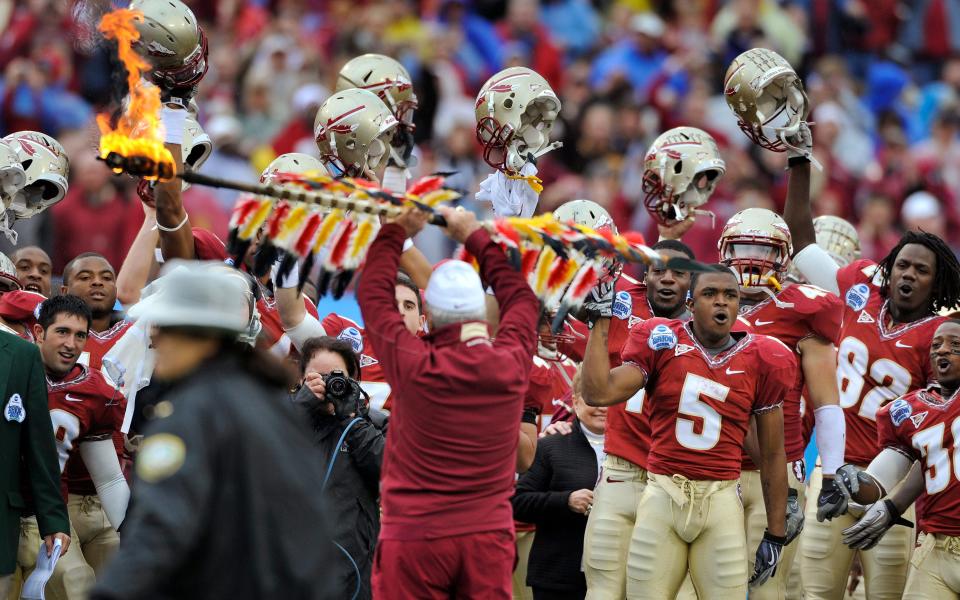
We just finished a 2023 playoff selection process in which Florida State, an unbeaten Power Five conference champion, was not selected simply because its starting quarterback, Jordan Travis, got hurt. Nevermind that the team earned a playof spot by going 13-0. ESPN wants its television ratings, and a depleted FSU team in the playoff would not have been good for ratings. Actual football merit — the teams which win the most games (and don’t lose any games) get in — was shoved to the side. Commercial viability and perceived financial benefit were elevated. That’s not a fair market. That’s not pure competition. It’s anti-competitive. It’s not an honest way to run a business. Everyone could see it. Yet, ESPN gets rewarded, not punished, with exclusive control of the playoff? What a disaster.
COVERAGE WILL CONTINUE TO SHAPE ESPN'S WISHES
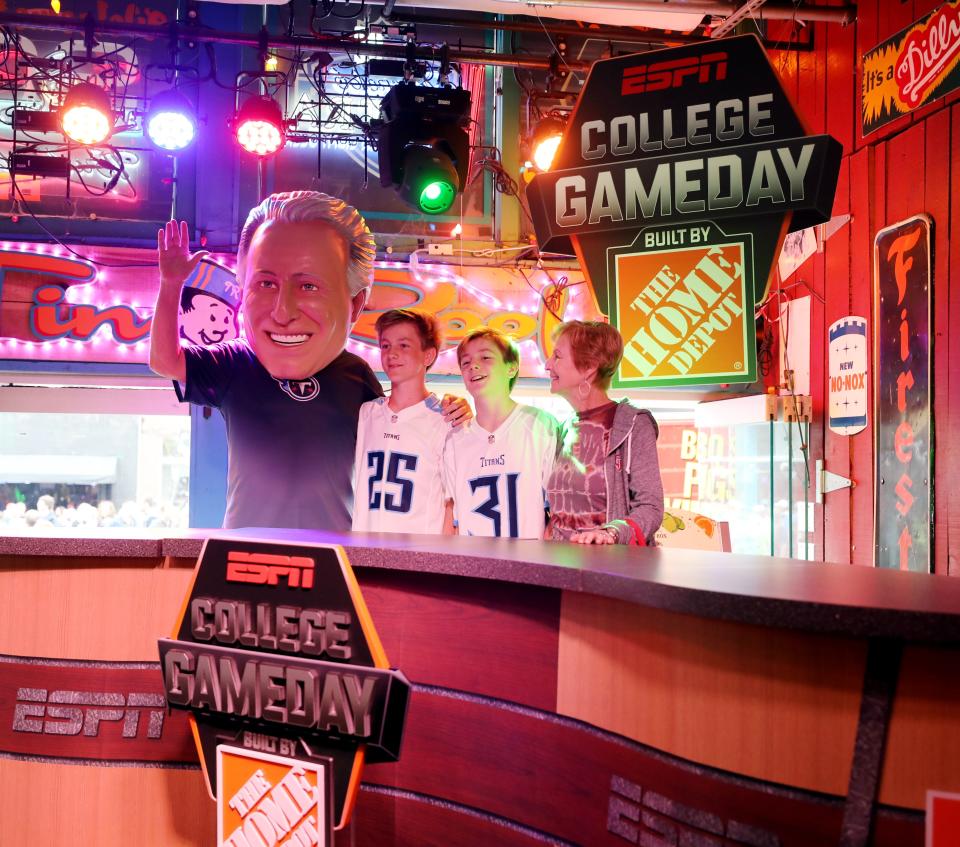
Did the College Football Playoff not care that ESPN — which drove the anti-Florida State narrative late in the 2023 selection process — will continue to push for the teams it views as commercially beneficial, not the teams which actually deserve to be in the playoff?
Obviously, yes. The playoff did not care about the influence ESPN will have over future playoff selection processes. Get ready for a two- or three-loss SEC team getting a playoff berth over a one-loss ACC team or a two-loss Big Ten team.
JORDAN TRAVIS
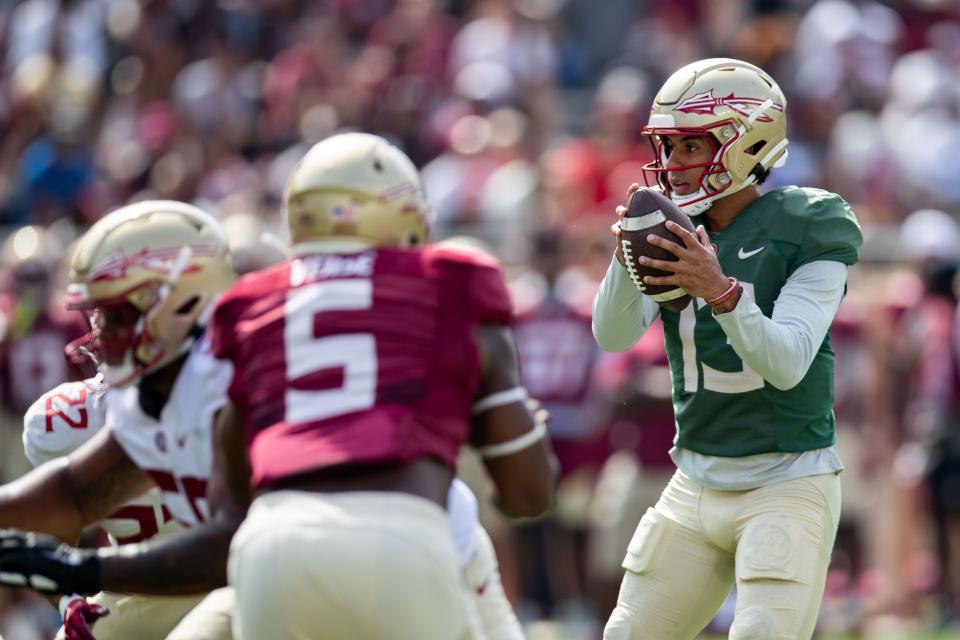
Just to be clear about all of this: Whether a team is likely to win its playoff game is a separate question from whether a team deserves to play in a playoff game. In the NFL, if Patrick Mahomes gets injured, that doesn’t suddenly mean the Kansas City Chiefs should not be in the playoffs. It means they would be likely to lose their playoff game, but they still won the AFC West Division championship and would deserve to host a playoff game. It should be no different in college football or any other sport.
ESPN was rewarded despite essentially saying Florida State did not deserve to be in the playoff because its star quarterback got hurt. It’s insane, and yet this bad behavior was rewarded. It’s a terrible moment for college football.
ACC COMPLICATIONS
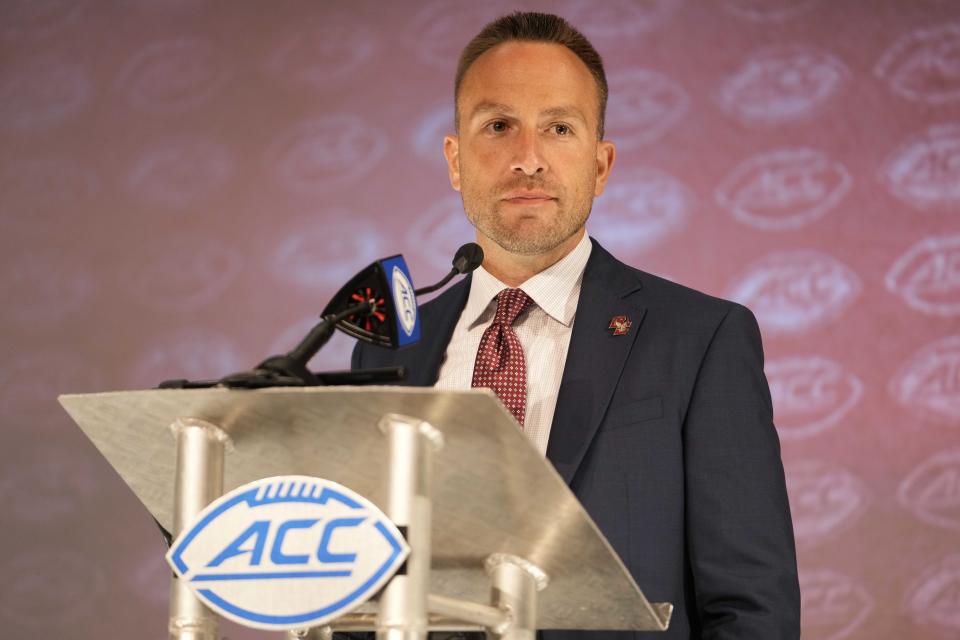
ESPN’s retention of College Football Playoff rights occurs while Florida State wants to leave the ACC. This development should only increase and intensify the pressure on FSU to leave the ACC and set off another round of realignment.
ESPN AND THE SEC
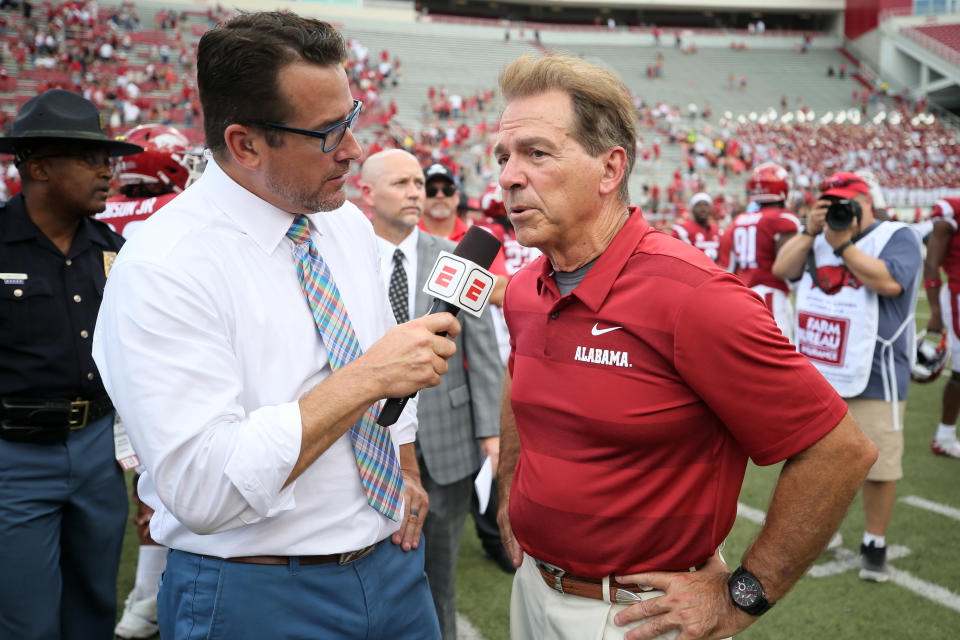
ESPN gets to cover the expanded SEC this season, with CBS’s SEC deal ending last year. You know ESPN will flex its muscles to put more SEC teams into the playoff. This will only make other schools more intent on wanting to leave their non-SEC school and join either the SEC or the Big Ten, the two richest and most powerful conferences. What a mess.
PAC-12 DEATH
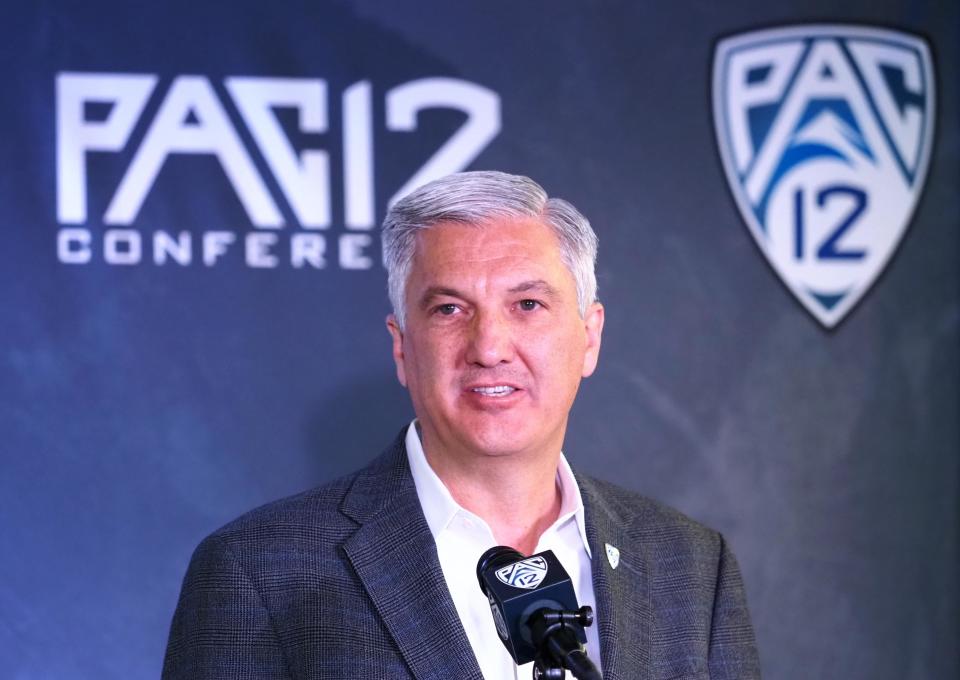
The Pac-12 dying means one additional playoff spot for a Power Five team. ESPN’s firm grip on the playoff means that extra spot is likely to go to an SEC team. If an SEC and Big Ten team are in relatively equal positions and the brand-name value is relatively equal, you can be sure ESPN will lean to the SEC team in most instances.
OPPOSITE OF THE NFL

College football fans don’t want college football to be more like the NFL, but that talking point has always rung hollow in an obvious sense: Not everything the NFL does is bad. Not everything college football does is good. There are some ways in which “being like the NFL” is good.
This is one example: Super Bowl television rights are shared among the major networks. CBS had this year’s Super Bowl. Fox had last year’s Super Bowl. NBC had the Super Bowl two years ago. When ABC carried Super Bowl XIX in 1985, the era of three networks sharing Super Bowl broadcast rights began. (CBS and NBC were the only two networks with Super Bowl rights through Super Bowl XVIII in 1984.) It’s good that different networks and different broadcasters call these big games.
MONOPOLY
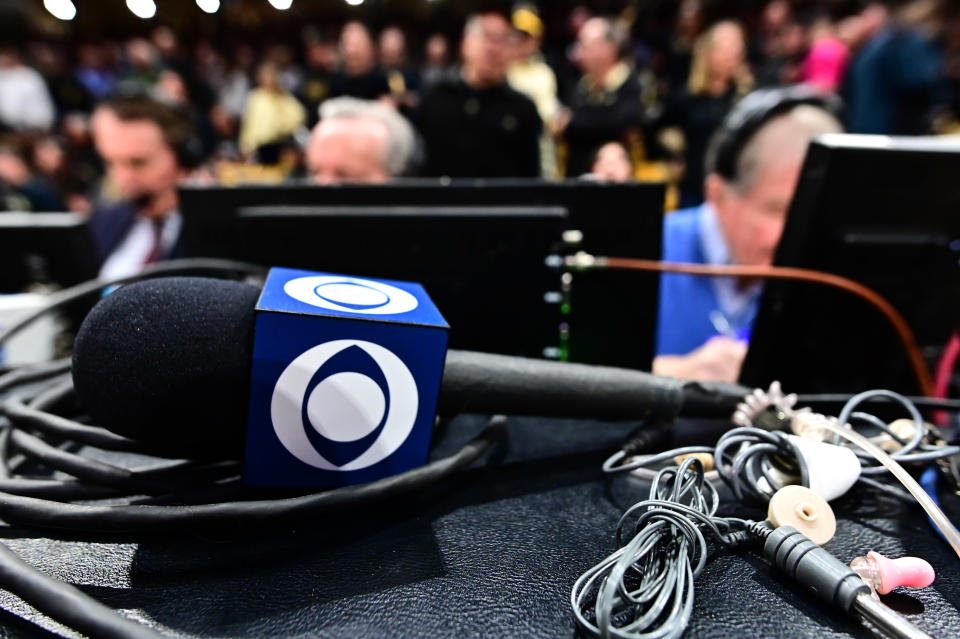
Imagine a world in which CBS carried every Super Bowl every year. Jim Nantz and Tony Romo called every Super Bowl every year. No one would view that as a logical, sane, or fair arrangement. Yet. that’s what we are going to continue to have with college football. ESPN announcers will continue to call the biggest games of the season, year after year. Coverage will be filtered through one entity with one set of commercial desires and priorities. How is any of this good for college football?
11 GAMES, NOT 3
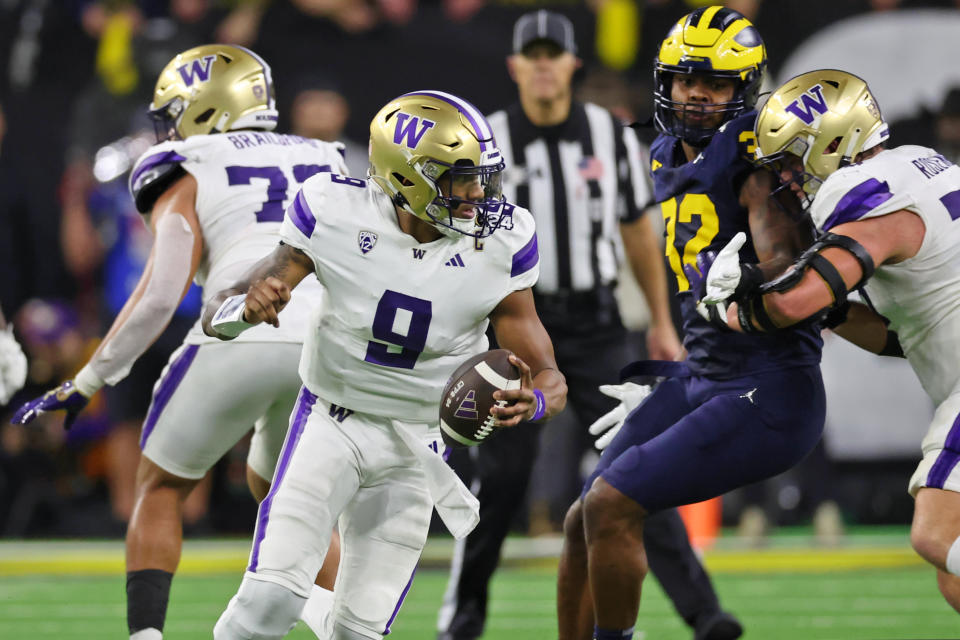
With 11 College Football Playoff games, it seemed obvious that television rights would be farmed out to multiple broadcast outlets. Fox gets three games, CBS two, NBC two, ESPN four, something like that. Nope. One network, ESPN, gets all 11 games. This is not fair (or free) market competition.
OLD SCHOOL

In the old days — the early 1980s — the big New Year’s Day bowls were televised by three different networks. NBC had the Fiesta, Rose, and Orange. CBS had the Cotton. ABC had the Sugar. There’s a long history of multiple networks sharing coverage of college football’s biggest postseason games. The College Football Playoff needed to do that, but it wouldn’t.
MONEY
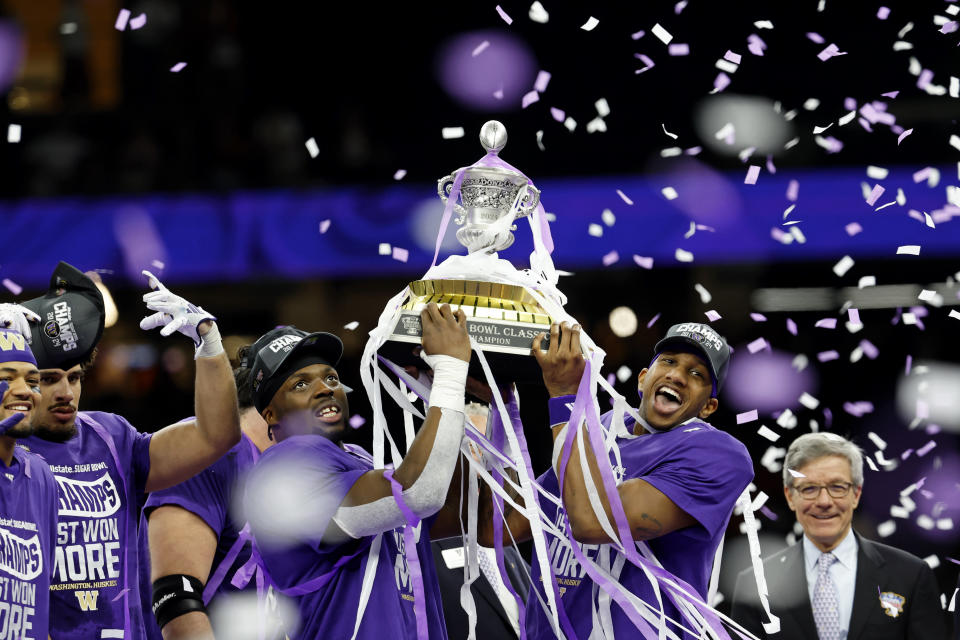
The value of this six-month extension, as noted above in the USA TODAY Sports report, is $7.8 billion. One should immediately wonder how those dollars will be allocated and then spent. This leads us to another very crucial point:
NIL
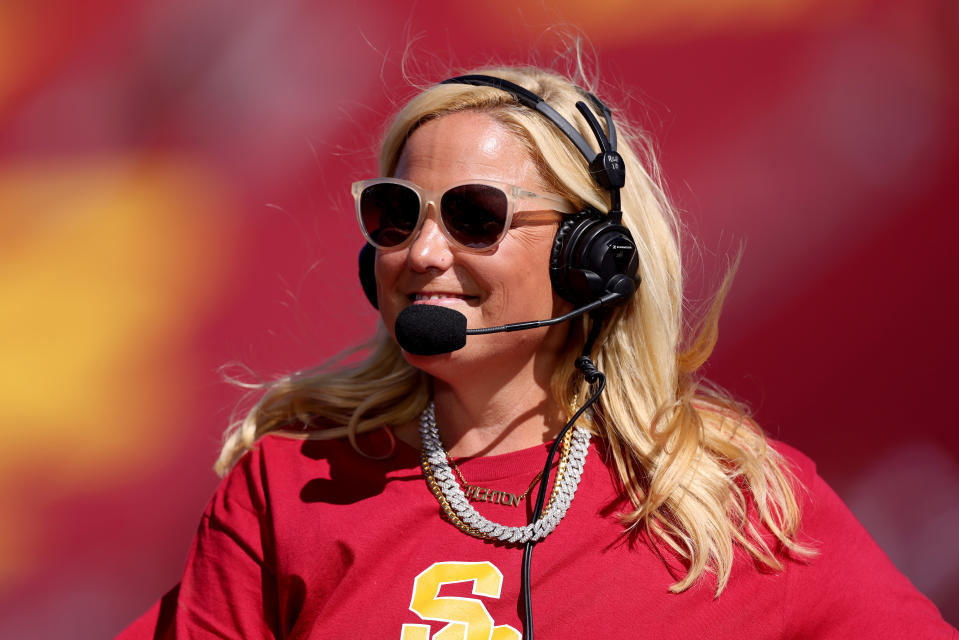
With the playoff inking this very lucrative deal, one would be reasonable in asking the following question: “Shouldn’t these billions of dollars go to the NIL space, so that fans don’t think they have to donate $100 or $200 to their school’s NIL collective?”
That’s a really, really good question. The huge dollar number for the College Football Playoff TV extension should be a time to raise fresh questions about the NIL structure in college football and create some new regulations and safeguards which change this process and make it more equitable for everyone. This is also a chance for the NIL process to be reformed so that working-class fans don’t feel they have to part with their own hard-earned money to buy an offensive tackle. Money from the playoff — at least a good portion of it — should be set aside for NIL in an even distribution to schools so that schools’ NIL collectives aren’t hitting up fans for money.
USC PROBLEM
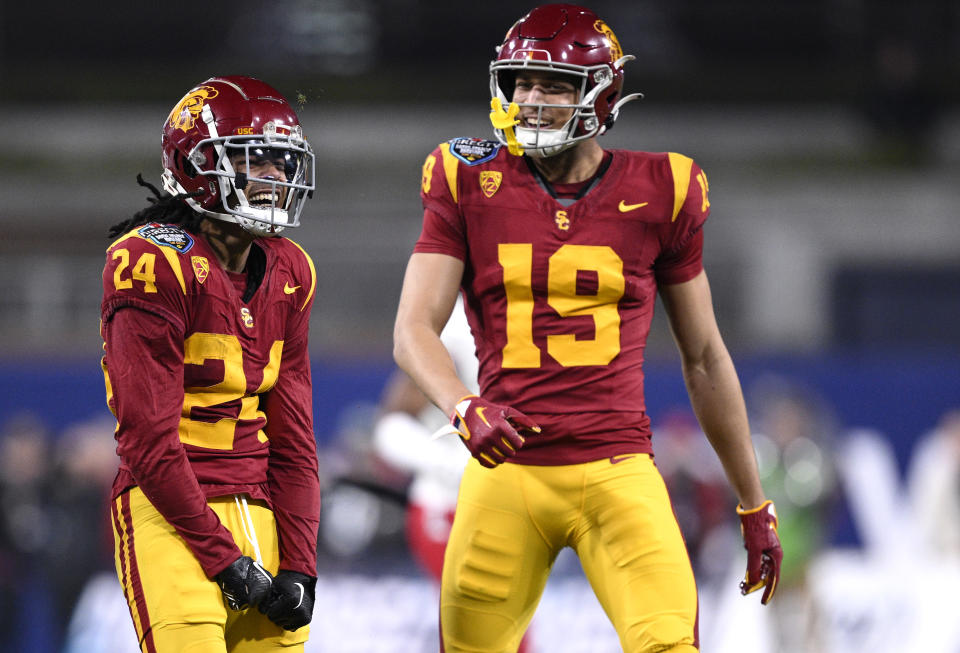
With ESPN retaining the playoff, USC will have to wonder: If the last at-large spot in the playoff comes down to the Trojans and an SEC powerhouse, will television — not actual merit — elevate the SEC team?
TEXAS AND OKLAHOMA
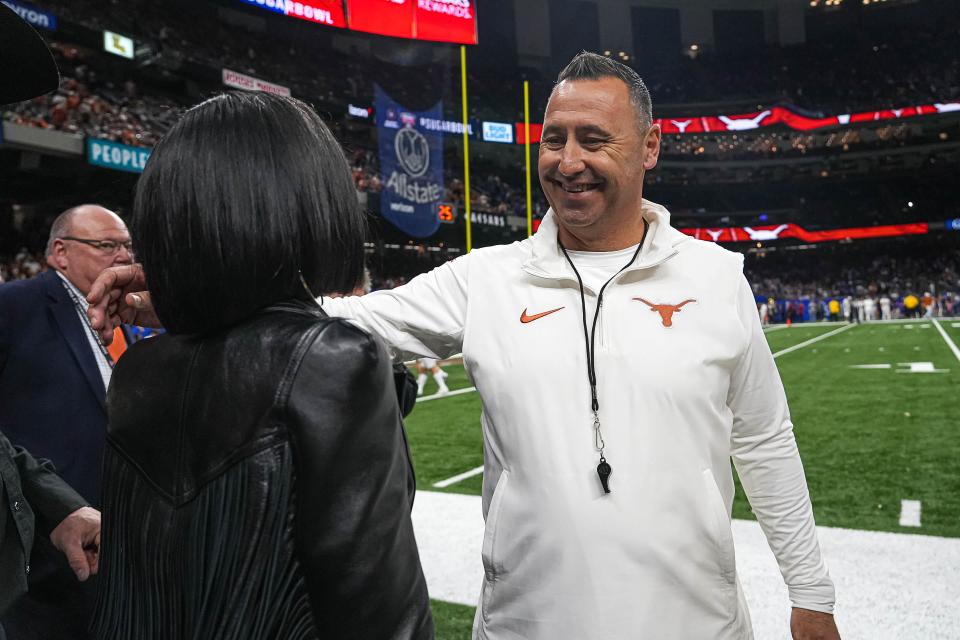
Remember: Texas and Oklahoma are now in the SEC in football. Texas did get into the playoff in 2023. The Longhorns deserved it, but they didn’t deserve to get in ahead of — and in place of — Florida State. If it’s USC versus Texas for the final playoff spot in 2026, ESPN would be much more likely to take Texas if all other things are equal.
This is precisely why ESPN having sole control of the playoff is obviously a conflict of interest and a very bad development for college football writ large.

